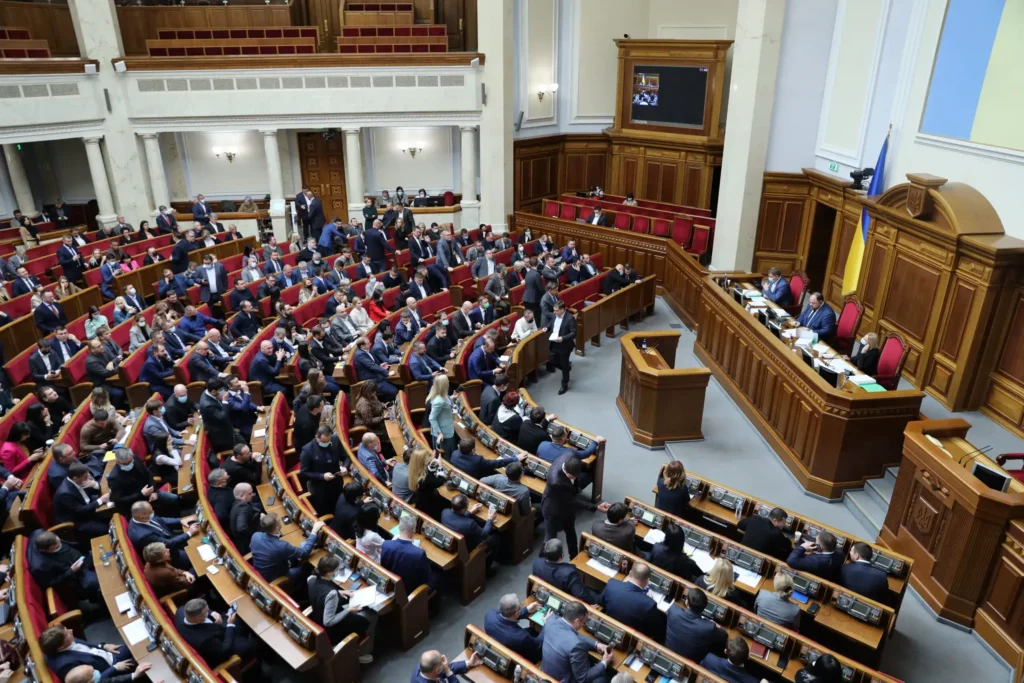Desertion and JWO: record numbers of military proceedings since the beginning of the invasion
27 August 14:39
Since the beginning of Russia’s full-scale invasion of Ukraine in 2022 and until July 2025, law enforcement agencies have registered more than 185,000 criminal proceedings on the fact of unauthorized abandonment of a military unit and more than 50,000 proceedings under the article on desertion.
This was reported by the Office of the Prosecutor General in response to a request from Ukrayinska Pravda, "Komersant Ukrainian" reports.
Statistics by year
According to Article 407 of the Criminal Code of Ukraine (unauthorized leaving of a military unit or place of service):
- 347 proceedings were registered in 2022,
- in 2023 – 6,641,
- in 2024 – 67,840.
The largest surge occurred in 2025: 110,511 proceedings were opened in the first 7 months of the year alone.
In total, since the beginning of the war, their number has reached 185,339 cases, and 15,564 of them have already been notified of suspicion.
From 2022 to July 2025, 50,058 criminal proceedings were registered under Article 408 of the Criminal Code (desertion), of which 1 ,248 cases were served with a notice of suspicion.
Context
Lawyers explain that Article 407 of the CCU covers situations when a serviceman leaves the unit without permission or does not return from service on time. While Article 408 – desertion – provides for complete evasion from military service with the intention of not returning to it.
The increase in the number of proceedings is attributed both to the exhaustion of the army after more than three years of active hostilities and to new control mechanisms that allow law enforcement to register violations of military discipline more quickly.
After the outbreak of full-scale war, Ukraine strengthened criminal liability for war crimes.
In January 2023, the Verkhovna Rada passed Bill No. 8271, which significantly increased the penalties for unauthorized desertion, desertion, disobedience, and other violations of military service. The document came into force in March of the same year.
The changes included:
- toughening of sanctions – from now on, most crimes are punishable by real terms of imprisonment without the possibility of conditional release;
- reducing the role of judges in mitigating sentences – in fact, they are deprived of the possibility to release military personnel from punishment with a probationary period;
- a clearer qualification between HRW and desertion, which allowed law enforcement to register cases more actively.
The law sparked a debate: some military lawyers and human rights activists warned that too harsh sanctions could lead to overcrowding in prisons and did not take into account the circumstances in which a soldier finds himself at the front. At the same time, the military command insisted that without strict discipline, the army would not be able to operate effectively.









